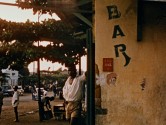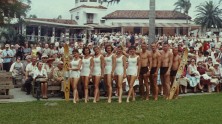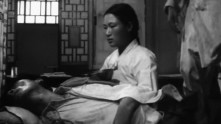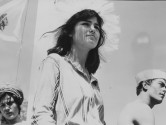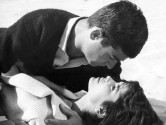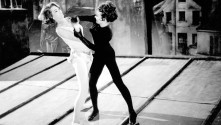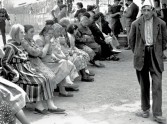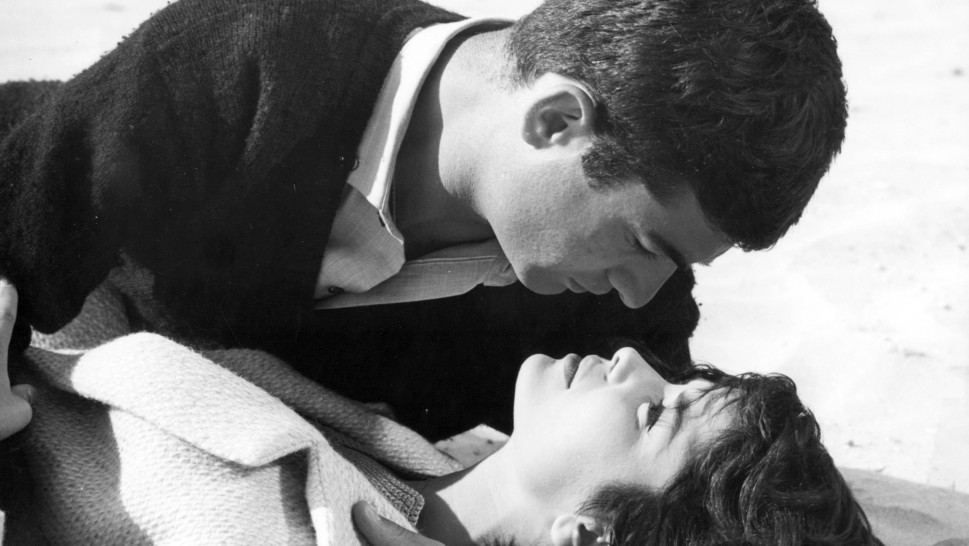
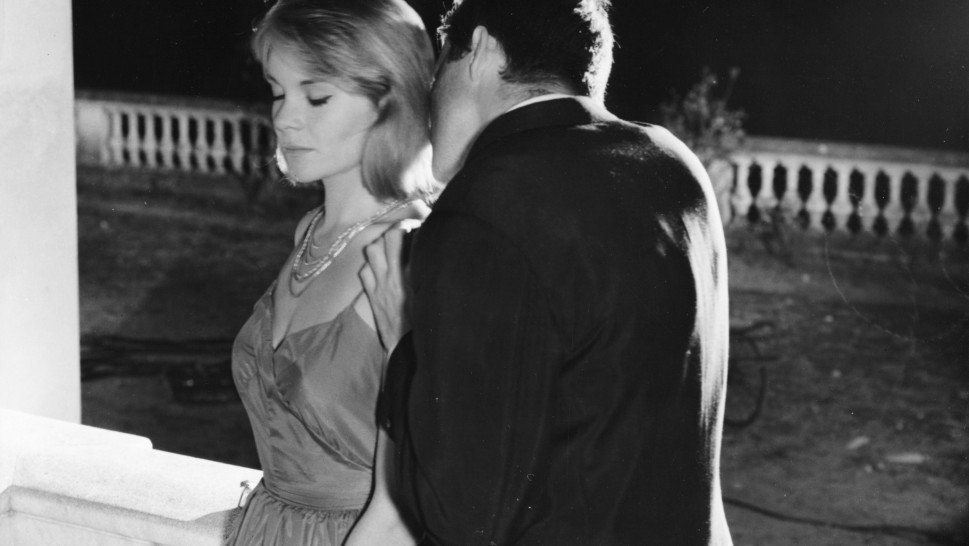
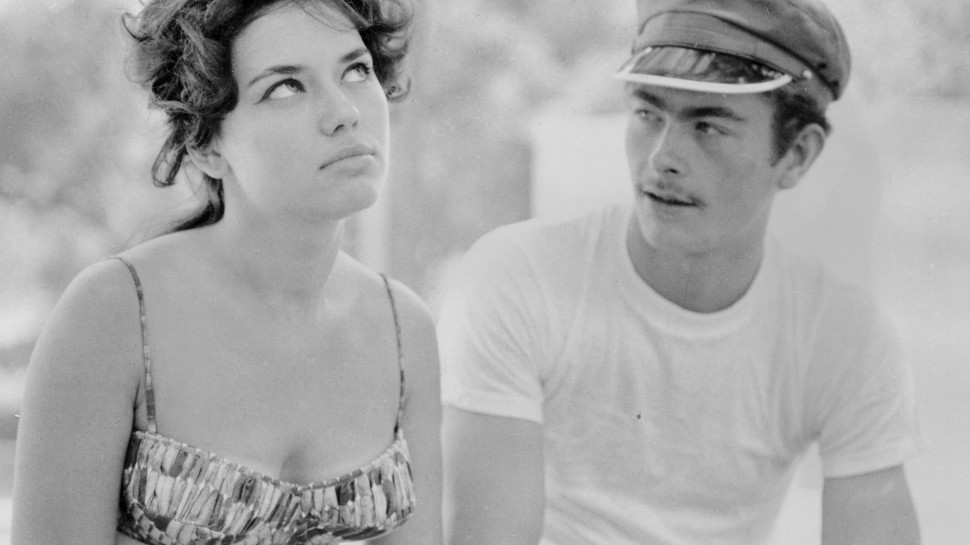
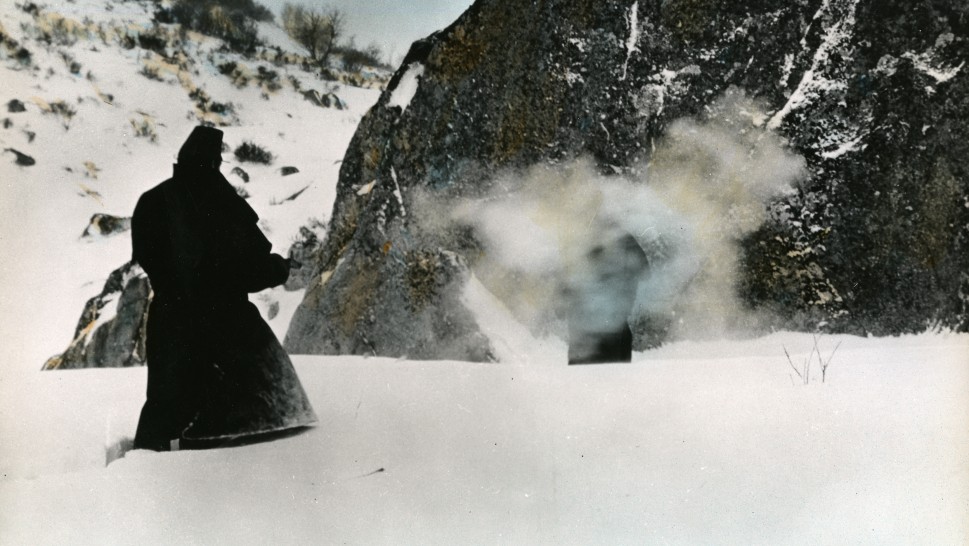
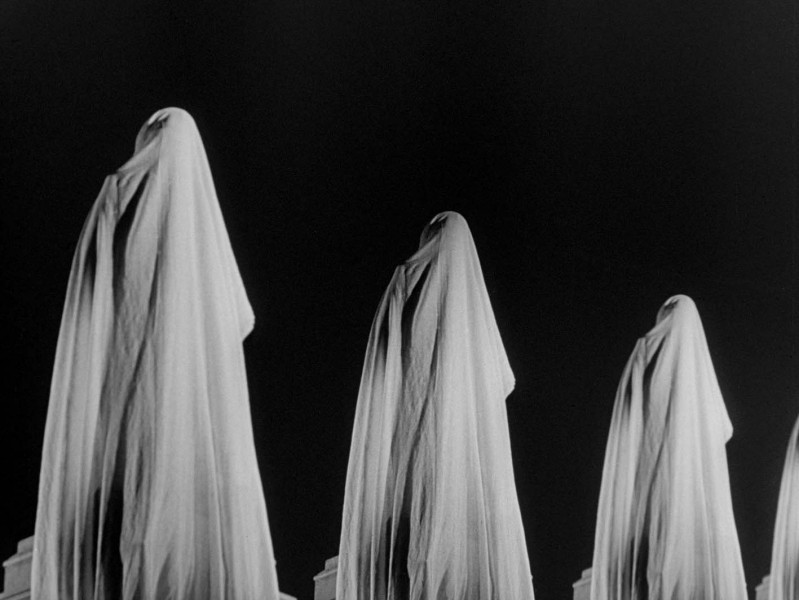
Forgotten Filmmakers of the French New Wave
Forgotten Filmmakers of the French New Wave reimagines one of the most influential movements in film history. The aim is not to question the singularity and significance of what transformed French cinema—and cinema language at large—in the late 1950s and early 1960s, but to illuminate it differently by highlighting approaches embodied in memorable yet generally forgotten films
One might remember that the expression nouvelle vague was originally coined by the journalist Françoise Giroud, not in reference to filmmaking but to a much broader phenomenon of generational renewal throughout the country, especially in terms of decision-making and artistic expression. The critic Pierre Billard was the first to transpose the term to what was taking place in the contemporary cinema: the emergence of a new generation of directors, most of them young. According to this first meaning of the term "New Wave," anyone who made his or her first film between 1957 and 1963 was de facto part of the movement, meaning there were, in essence, hundreds of New Wave filmmakers, even though most did not continue as directors and many went on to make conventional cinema.
Two other meanings were imposed on the expression New Wave, one restrictive and the other aesthetic. The first refers to a very specific group comprised of five young critics from Cahiers du Cinéma who directed their first feature films during this same period: Jean-Luc Godard, François Truffaut, Éric Rohmer, Jacques Rivette and Claude Chabrol. Their films, although very different from each other, share a freedom and an open questioning of conventional narrative codes, of representation in general, and of production means and techniques. This is also the case within a select group of other directors of the same generation: Agnès Varda, Alain Resnais, Chris Marker, Jacques Demy. Together this "Magnificent Nine" rightly embodied the most accomplished, the most obviously memorable, effects of the aesthetic rupture designated by the words “New Wave.”
But alongside them, some other members of their generation also participated in this renewal without receiving the same level of recognition. Some were precursors, such as Roger Leenhardt, Georges Franju or Alexandre Astruc, and were clearly acknowledged as such by the leaders of the New Wave. Others were firebrand artists who would become leaders of the next generation: Philippe Garrel, Jean-Marie Straub, Paul Vecchiali, Jean-Pierre Mocky. Even though they directed their first films during this same period, they would not be recognized and anointed as the heirs apparent until a little later. Other filmmakers, such as Robert Enrico, Édouard Molinaro or François Leterrier, showed a boldness not apparent in their later films. Their films included in this program testify to the heady “contamination” of specific New Wave approaches (documentary techniques, a liberated camera, self-conscious use of sound, meta-cinematic stylization…) into film projects that would probably have been made differently in a different zeitgeist.
Still other filmmakers were not fully ignored but nevertheless remained in the margins even though they were, thematically and artistically, fully part of the rising New Wave: Jacques Rozier, Jean-Daniel Pollet and Guy Gilles, among them. The fact that they remained relatively underrecognized is an obvious injustice this program seeks to correct. And there were those who had to wait a full decade to be recognized, such as Maurice Pialat, who was already a great filmmaker but could not direct his first feature until the very end of the 60s. Some, like Paul Gégauff, or, very differently, Armand Gatti and Marcel Hanoun, remained truly forgotten and relegated to the sidelines. And, finally, there were those like Jean Rouch, François Reichenbach and Mario Ruspoli who embodied in various ways the great debt owed by the spirit of the New Wave to the documentary.
It is important to emphasize how much the internal upheavals in the language of cinema associated with the New Wave were part of the profound social and political transformations of the time. The major event was, of course, the Algerian War (1954-1962), and the censorship and repression that René Vautier, Jacques Panijel, Alain Cavalier and James Blue courageously fought against with films that also questioned fundamental cinematic codes. This period, which was also that of General de Gaulle's return to power in 1958 and soon the advent of a new, and still in place, Constitution, was notably marked by the timid beginnings of a cinema that affirmed feminist approaches and gave voice to people from the French colonies, most notably with the founding film Afrique sur Seine. This is true even if contemporary audiences might expect these issues to have been engaged by using the language and codes of this era, now more than sixty years past, and thus may find these first efforts at times inappropriate today.
The names and expanded parameters of the New Wave explored in this program make it possible to draw a much more complete picture of the landscape from which the nouvelle vague emerged. It should be obvious that all the titles included here are the result of a subjective choice: mine. And yet this program also hopes to give new access to many discoveries that will enrich the understanding of the decisive phenomenon that was the nouvelle vague, while showcasing rare gems that fully deserve to be discovered each for itself. – Jean-Michel Frodon

